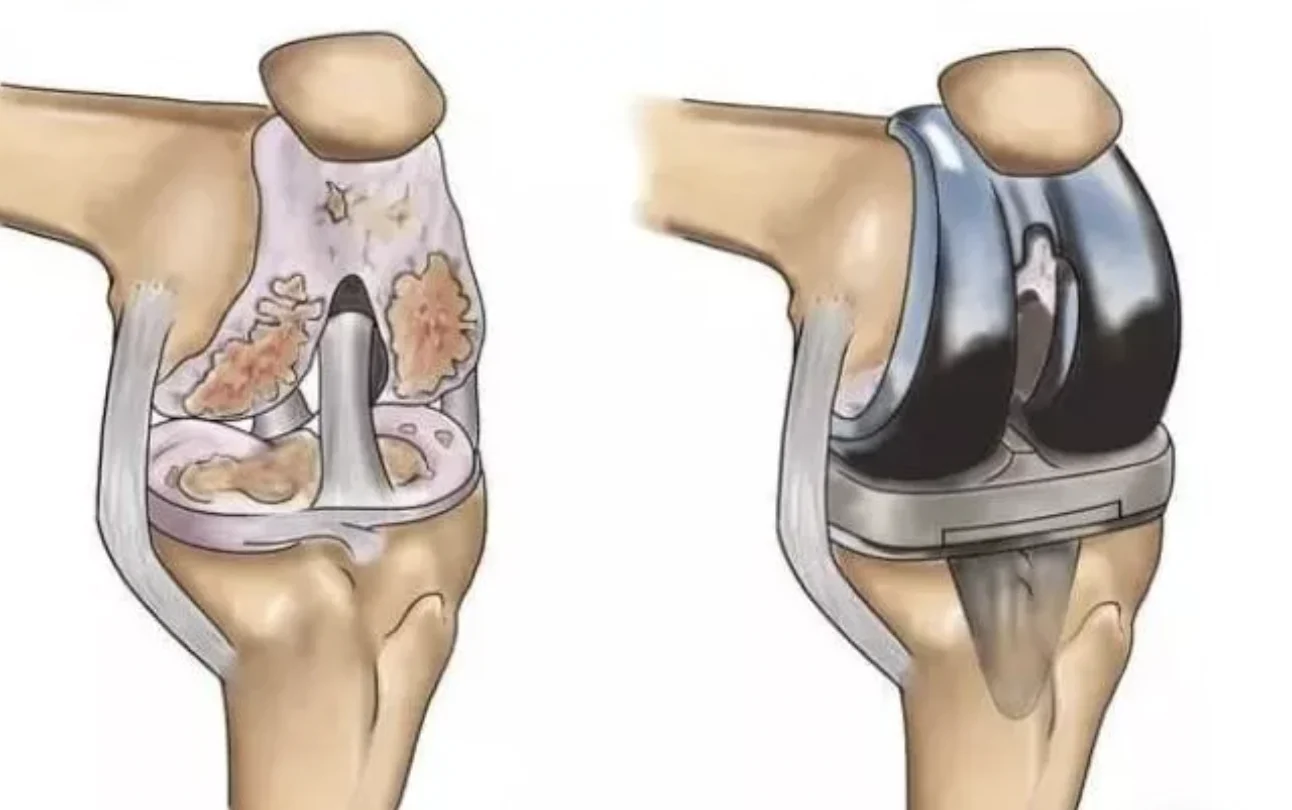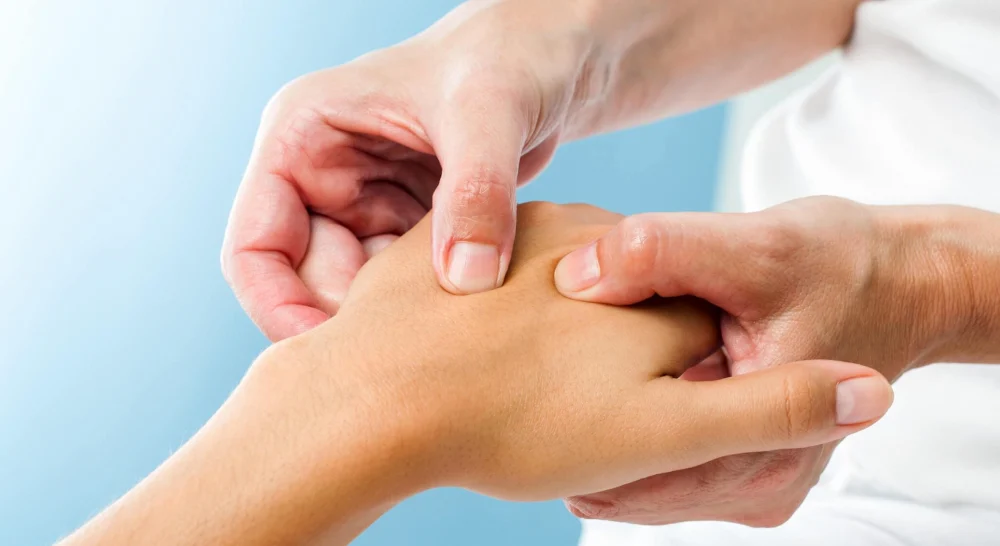- How Carpal Tunnel Syndrome Develops
- The Role of Physiotherapy in Carpal Tunnel Syndrome
- Benefits Beyond Symptom Relief
- Why Choose Sheddon Physiotherapy in Burlington
- Taking Action for Wrist Health
Carpal tunnel syndrome (CTS) is one of the most common musculoskeletal conditions affecting people in Aldershot, Burlington, and beyond. With more individuals spending long hours typing at a computer, using handheld devices, or performing repetitive manual tasks, the prevalence of CTS has steadily increased. While it may start as a minor discomfort in the hand or wrist, if left untreated, carpal tunnel syndrome can significantly affect daily activities, work performance, and quality of life.
Carpal tunnel syndrome occurs when the median nerve, which runs from the forearm into the palm, becomes compressed as it passes through the carpal tunnel in the wrist. This narrow passageway is formed by small wrist bones and ligaments, and when swelling, inflammation, or repetitive strain occurs, the median nerve can become irritated. Early symptoms often include tingling, numbness, or a burning sensation in the thumb, index, middle, and part of the ring fingers. Over time, weakness in grip strength, difficulty holding objects, and pain that radiates up the arm may develop.
At Sheddon Physiotherapy and Sports Clinic Burlington/Aldershot, we see many patients experiencing carpal tunnel syndrome, and our goal is to provide personalized, effective treatment that reduces symptoms, restores function, and prevents long-term complications. Physiotherapy is not only about treating pain—it’s about improving overall hand and wrist health to help patients return to daily tasks and work comfortably.
 How Carpal Tunnel Syndrome Develops
How Carpal Tunnel Syndrome Develops
While repetitive motions are a primary contributor, CTS can develop from a combination of factors. Genetics, wrist anatomy, previous injuries, or conditions such as arthritis, diabetes, and thyroid disorders can increase susceptibility. Activities that require prolonged gripping, typing, or forceful wrist movements—common in office environments, trades, and certain hobbies—can aggravate the median nerve over time.
Symptoms often appear gradually. Patients may first notice tingling or numbness during the night or early in the morning. Some describe their fingers “falling asleep” while performing routine tasks. If these symptoms persist, they can progress to constant discomfort, weakness, and difficulty performing fine motor tasks like buttoning clothes, writing, or using tools.
Recognizing these early signs is crucial, as timely physiotherapy intervention can prevent the condition from worsening and may reduce the need for more invasive treatments, such as surgery.
The Role of Physiotherapy in Carpal Tunnel Syndrome
Physiotherapy provides a non-invasive, evidence-based approach to managing CTS. At Sheddon Physiotherapy, we begin with a thorough assessment to determine the severity of the condition, identify contributing factors, and evaluate how it affects hand and wrist function. This individualized assessment allows us to create a treatment plan tailored to each patient’s needs and lifestyle.
Early physiotherapy intervention focuses on reducing inflammation, relieving pressure on the median nerve, and restoring normal wrist mechanics. This may include manual therapy to improve joint mobility, soft tissue techniques to release tension in the forearm and wrist muscles, and nerve gliding exercises designed to improve median nerve function.
Strengthening and stretching exercises are also essential components of treatment. By improving the strength of the wrist, forearm, and hand muscles, patients can reduce strain on the carpal tunnel and improve functional performance. Ergonomic education and postural guidance are integrated into the plan, ensuring that daily activities and work tasks are performed in ways that minimize stress on the wrist and prevent recurrence.
 Benefits Beyond Symptom Relief
Benefits Beyond Symptom Relief
Physiotherapy for carpal tunnel syndrome offers more than just pain relief. Patients often notice improved hand coordination, grip strength, and overall functionality, which makes everyday tasks easier. Early intervention can prevent symptoms from progressing to severe nerve damage, which may require surgical intervention.
Additionally, physiotherapy empowers patients with tools and strategies to manage their condition long-term. From advice on workstation setup to exercises that can be performed at home, individuals gain the confidence to maintain wrist health while continuing with their work or hobbies. This holistic approach ensures that recovery is not temporary but supports lasting function and well-being.
 Why Choose Sheddon Physiotherapy in Burlington
Why Choose Sheddon Physiotherapy in Burlington
Sheddon Physiotherapy and Sports Clinic in Aldershot, Burlington, has extensive experience helping patients with carpal tunnel syndrome regain function and return to daily activities with confidence. Our team combines advanced physiotherapy techniques with a patient-centered approach, ensuring that each treatment plan is safe, effective, and personalized.
We work closely with patients to address the underlying causes of CTS, whether related to posture, repetitive tasks, or muscle imbalances. Our clinic provides a supportive environment where individuals receive hands-on care, guided exercises, and education to promote long-term wrist health. By focusing on prevention and functional recovery, we help patients reduce the risk of future episodes while improving overall quality of life.
Taking Action for Wrist Health
Carpal tunnel syndrome should not be ignored. Early intervention with physiotherapy can significantly reduce pain, restore strength and mobility, and prevent long-term complications. Whether you are experiencing mild tingling or more persistent wrist discomfort, seeking professional care can make a meaningful difference.
At Sheddon Physiotherapy and Sports Clinic in Aldershot, Burlington, our experienced team is ready to help you recover safely and effectively. Through comprehensive assessment, personalized treatment plans, and ongoing support, we guide patients toward improved wrist function, reduced symptoms, and enhanced quality of life.
Contact Sheddon Physiotherapy today to schedule an assessment and take the first step toward a healthier, stronger, and pain-free wrist.

































